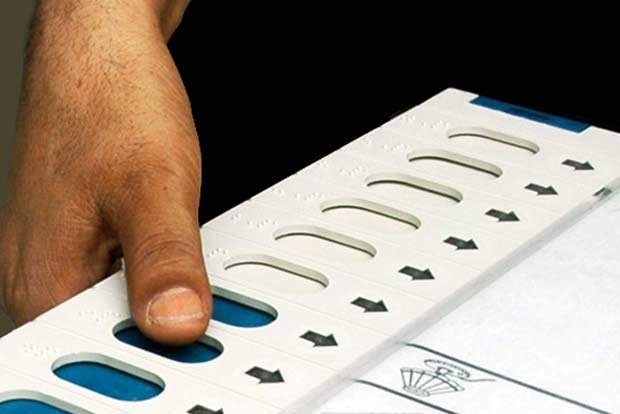Begin typing your search...
Women’s quota in GCC polls: High Court reserves order
The petitioner also added that the civic body did not do the delimitation works properly.

Chennai
The Madras High Court on Monday reserved orders on a petition challenging the procedure adopted by the Greater Chennai Corporation (GCC) in reserving wards for women candidates for the upcoming urban civic polls.
The first bench comprising Acting Chief Justice Munishwar Nath Bhandari and Justice D Bharatha Chakravarthy reserved the order after hearing arguments over a plea by C Muthuraj, a resident of Choolaimedu.
The petitioner sought a direction to quash the reservation notification issued by the Corporation on January 17, and to conduct the urban local body election in a time-bound manner by strictly complying with the allotment of seats in accordance with law after taking into account the population of women in all the wards.
“While women got more than 50 per cent reservation in some zones, the reservation for women is less than 50 per cent in other zones. The respondents (GCC and Tamil Nadu State Election Commission) have not complied with Rule 4 of Tamil Nadu Town Panchayats, Third Grade Municipalities, Municipalities and Corporation (Delimitation of Wards or Divisions and Reservation) Rules, 1996, and Regulation 6 (1) of The Tamil Nadu Local Bodies Delimitation Regulation, 2017, and Article 243 T of the Constitution,” the petitioner argued.
The petitioner also added that the civic body did not do the delimitation works properly.
Appearing for the GCC, senior advocate P Wilson said there were about 66.72 lakh people residing within the Corporation limits. “While 46.46 lakh people reside in the central part of the GCC, the rest are living in the areas that were newly added to the GCC. Therefore, the size of the wards in the central part of GCC is comparatively smaller than the size of the wards that fall in the newly added GCC zones,” the senior counsel submitted.
Senior advocate PS Raman, who appeared for TNSEC, added that delimitation works were done in 2018 but the petitioner had failed to challenge it then.
The respondents also noted that elections have already been notified and hence no interference from the court was permissible.
Recording all the submissions by both sides, the bench reserved the order without mentioning the date.
Visit news.dtnext.in to explore our interactive epaper!
Download the DT Next app for more exciting features!
Click here for iOS
Click here for Android
Next Story



